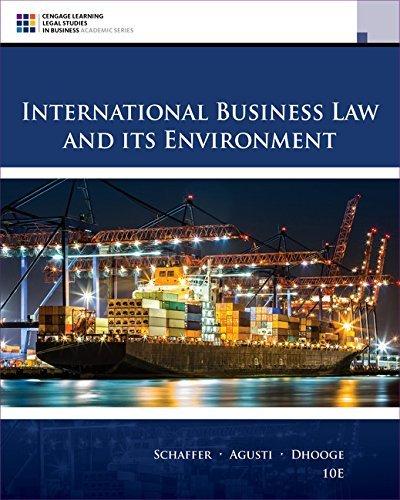Question:
In 2011, Mago International, a New York company, entered into a contract to sell meat products to NTP Genita, a company based in Kosovo. Mago required Genita to obtain a standby letter of credit issued by Bank for Business, a Kosovar bank, and confirmed by LHB AG. Under the terms of the letter, if Genita failed to pay Mago within 45 days after the date of an invoice, Mago could present documents to LHB and obtain payment on the letter. One of the required documents was a "photocopy of [a bill of lading] evidencing shipment of the goods." Mago shipped 12 containers of products to Genita under invoices, none of which was paid by Genita. Mago tendered documents to LHB on three separate occasions, each of which was rejected by LHB due to the absence of signed bills of lading. LHB rejected a fourth tender of documents that contained signed bills of lading for each of the invoices as untimely. Mago sued LHB and Bank for Business for wrongful dishonor of the letter of credit. Mago claimed that the unsigned bills of lading complied with the terms of the letter of credit as they reflected the name of the ship and purported dates of shipment. The district court concluded that the unsigned copies were insufficient evidence of shipment and that Mago failed to comply with the terms of the letter of credit. Mago appealed the decision. Did the unsigned copies of the bills of lading comply with the letter of credit's requirement that Mago provide a "photocopy of [a bill of lading] evidencing shipment of the goods."? Why or why not?







